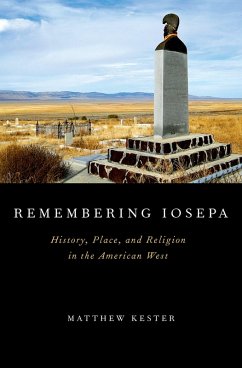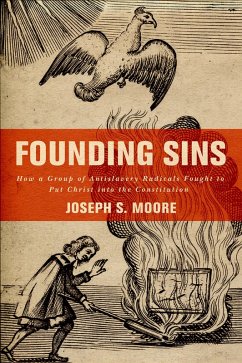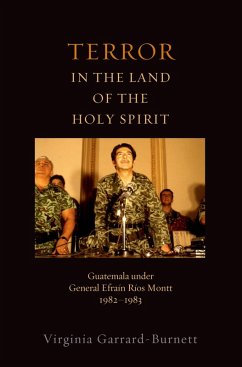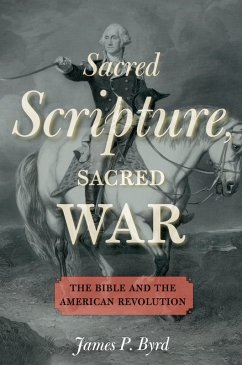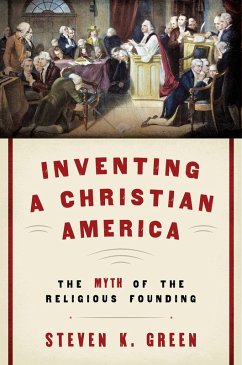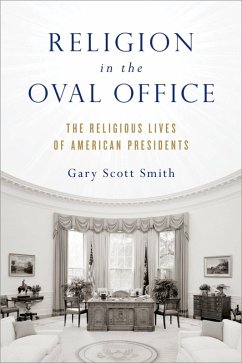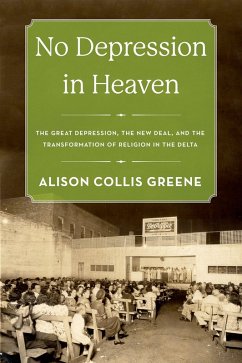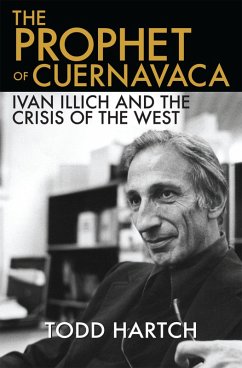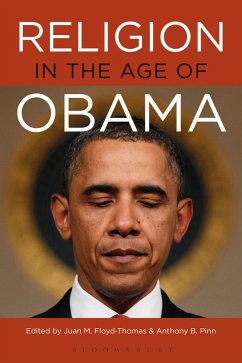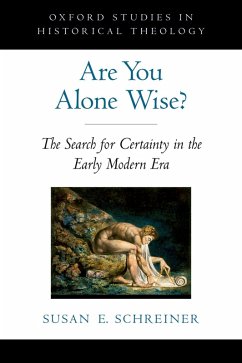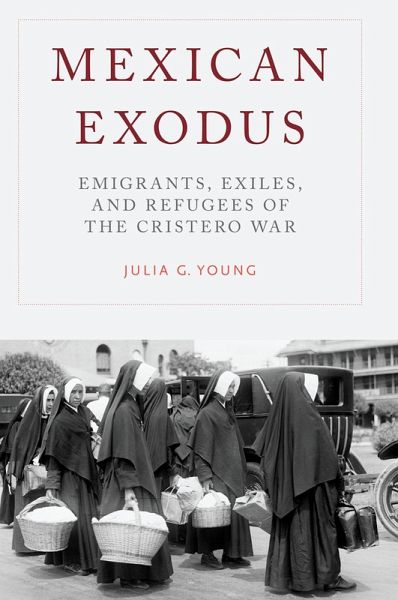
Mexican Exodus (eBook, PDF)
Emigrants, Exiles, and Refugees of the Cristero War

PAYBACK Punkte
7 °P sammeln!
In the summer of 1926, an army of Mexican Catholics launched a war against their government. Bearing aloft the banners of Christ the King and the Virgin of Guadalupe, they equipped themselves not only with guns, but also with scapulars, rosaries, prayers, and religious visions. These soldiers were called cristeros, and the war they fought, which would continue until the mid-1930s, is known as la Cristiada, or the Cristero war. The most intense fighting occurred in Mexico's west-central states, especially Jalisco, Guanajuato, and Michoacán. For this reason, scholars have generally regarded the...
In the summer of 1926, an army of Mexican Catholics launched a war against their government. Bearing aloft the banners of Christ the King and the Virgin of Guadalupe, they equipped themselves not only with guns, but also with scapulars, rosaries, prayers, and religious visions. These soldiers were called cristeros, and the war they fought, which would continue until the mid-1930s, is known as la Cristiada, or the Cristero war. The most intense fighting occurred in Mexico's west-central states, especially Jalisco, Guanajuato, and Michoacán. For this reason, scholars have generally regarded the war as a regional event, albeit one with national implications. Yet in fact, the Cristero war crossed the border into the United States, along with thousands of Mexican emigrants, exiles, and refugees. In Mexican Exodus, Julia Young reframes the Cristero war as a transnational conflict, using previously unexamined archival materials from both Mexico and the United States to investigate the intersections between Mexico's Cristero War and Mexican migration to the United States during the late 1920s. She traces the formation, actions, and ideologies of the Cristero diaspora--a network of Mexicans across the United States who supported the Catholic uprising from beyond the border. These Cristero supporters participated in the conflict in a variety of ways: they took part in religious ceremonies and spectacles, organized political demonstrations and marches, formed associations and organizations, and collaborated with religious and political leaders on both sides of the border. Some of them even launched militant efforts that included arms smuggling, military recruitment, espionage, and armed border revolts. Ultimately, the Cristero diaspora aimed to overturn Mexico's anticlerical government and reform the Mexican Constitution of 1917. Although the group was unable to achieve its political goals, Young argues that these emigrants--and the war itself--would have a profound and enduring resonance for Mexican emigrants, impacting community formation, political affiliations, and religious devotion throughout subsequent decades and up to the present day.
Dieser Download kann aus rechtlichen Gründen nur mit Rechnungsadresse in A, B, BG, CY, CZ, D, DK, EW, E, FIN, F, GR, HR, H, IRL, I, LT, L, LR, M, NL, PL, P, R, S, SLO, SK ausgeliefert werden.




